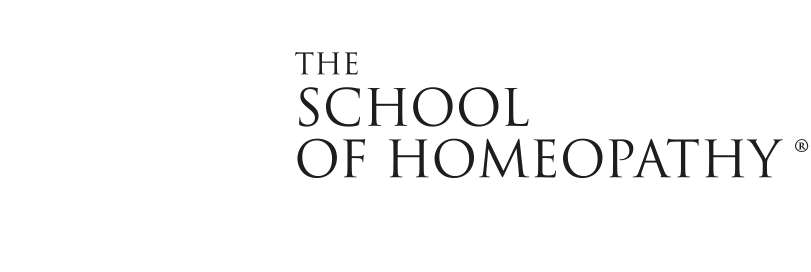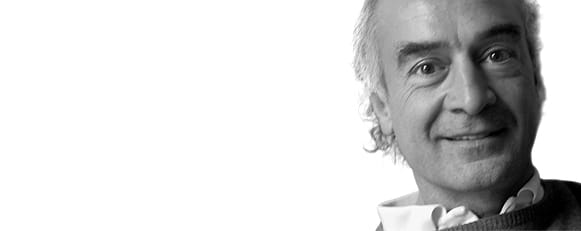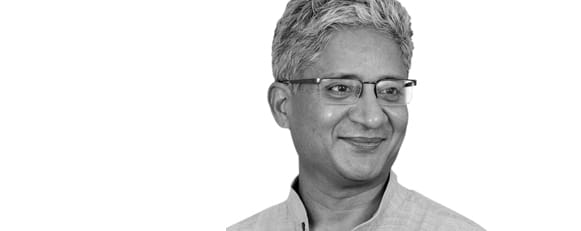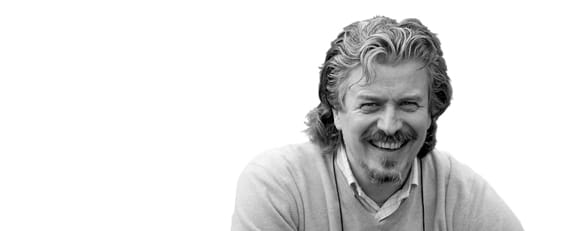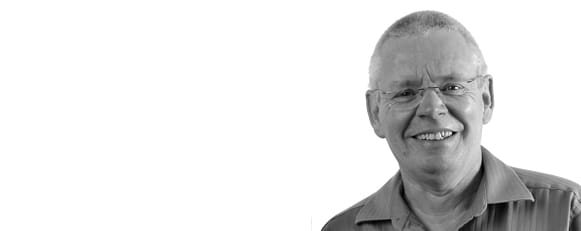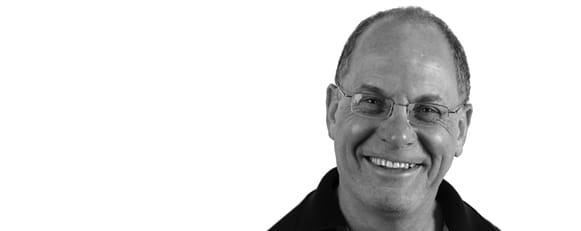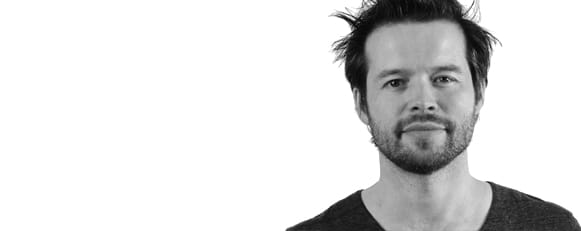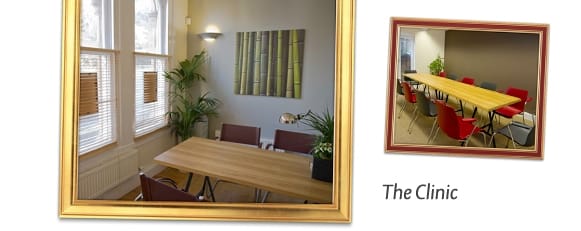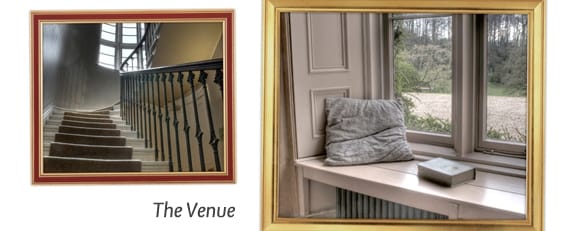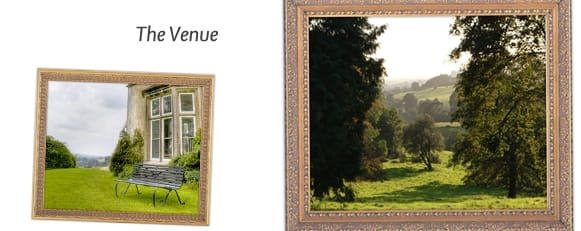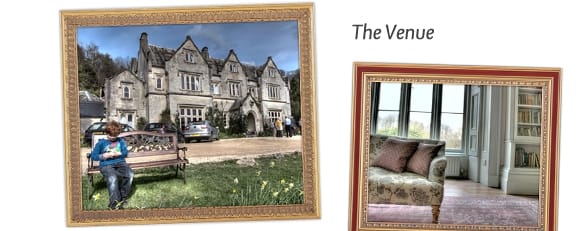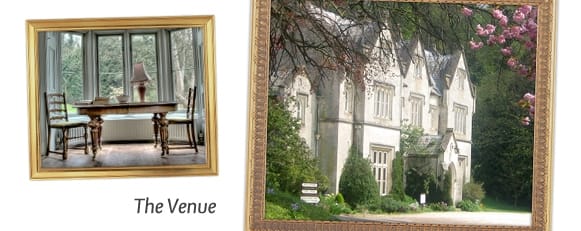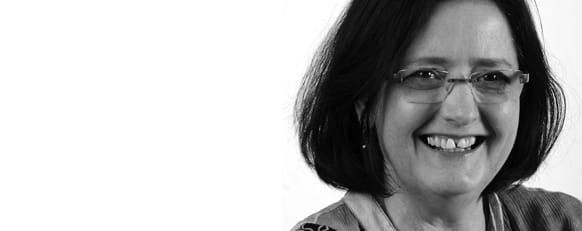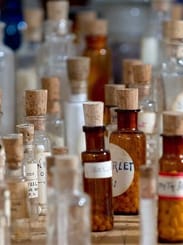
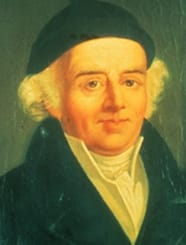
Aphorism 141-150
§ 141
But the best provings of the pure effects of simple medicines in altering the human health, and of the artificial diseases and symptoms they are capable of developing in the healthy individual, are those which the healthy, unprejudiced and sensitive physician institutes on himself with all the caution and care here enjoined. He knows with the greatest certainty the things he has experienced in his own person.1
1 Those trials made by the physician on himself have for him other and inestimable advantages. In the first place, the great truth that the medicinal virtue of all drugs, whereon depends their curative power, lies in the changes of health he has himself undergone from the medicines he has proved, and the morbid states he has himself experienced from them, becomes for him an incontrovertible fact. Again by such noteworthy observations on himself he will be brought to understand his own sensations, his mode of thinking and his disposition (the foundation of all true wisdom ————), and he will be also trained to be, what every physician ought to be, a good observer. All our observations on others are not nearly so interesting as those made on ourselves. The observer of others must always dread lest the experimenter did not feel exactly what he said, or lest he did not describe his sensations with the most appropriate expressions. He must always remain in doubt whether he has not been deceived, at least to some extent. These obstacles to the knowledge of the truth, which can never be thoroughly surmounted in our investigations of the artificial morbid symptoms that occur in others from the ingestion of medicines, cease entirely when we make the trials on ourselves. He who makes these trials on himself knows for certain what he has felt, and each trial is a new inducement for him to investigate the powers of other medicines. He thus becomes more and more practised in the art of observing, of such importance to the physician, by continuing to observe himself, the one on whom he can most rely and who will never deceive him; and this he will do all the more zealously as these experiments on himself promise to give him a reliable knowledge of the true value and significance of the instruments of cure that are still to a great degree unknown to our art. Let it not be imagined that such slight indispositions caused by taking medicines for the purpose of proving them can be in the main injurious to the health. Experience shows on the contrary, that the organism of the prover becomes, by these frequent attacks on his health, all the more expert in repelling all external influences inimical to his frame and all artificial and natural morbific noxious agents, and becomes more hardened to resist everything of an injurious character, by means of these moderate experiments on his own person with medicines. His health becomes more unalterable; he becomes more robust, as all experience shows.
§ 142
But how some symptoms1 of the simple medicine employed for a curative purpose can be distinguished amongst the symptoms of the original malady, even in diseases, especially in those of a chronic character that usually remain unaltered, is a subject appertaining to the higher art of judgement, and must be left exclusively to masters in observation.
1 Symptoms which, during the whole course of the disease, might have been observed only a long time previously, or never before, consequently new ones, belonging to the medicine.
§ 143
If we have thus tested on the healthy individual a considerable number of simple medicines and carefully and faithfully registered all the disease elements and symptoms they are capable of developing as artificial disease-producers, then only have we a true materia medica – a collection of real, pure, reliable1 modes of action of simple medicinal substances, a volume of the book of nature, wherein is recorded a considerable array of the peculiar changes of the health and symptoms ascertained to belong to each of the powerful medicines, as they were revealed to the attention of the observer, in which the likeness of the (homoeopathic) disease elements of many natural diseases to be hereafter cured by them are present, which, in a word, contain artificial morbid states, that furnish for the similar natural morbid states the only true, homoeopathic, that is to say, specific, therapeutic instruments for effecting their certain and permanent cure.
1 Latterly it has been the habit to entrust the proving of medicines to unknown persons at a distance, who were paid for their work, and the formation so obtained was printed. But by so doing, the work which is of all others the most important, which is to form the basis of the only true healing art, and which demands the greatest moral certainty and trustworthiness seems to me, I regret to say, to become doubtful and uncertain in its results and to lose all value.
§ 144
From such a materia medica everything that is conjectural, all that is mere assertion or imaginary should be strictly excluded; everything should be the pure language of nature carefully and honestly interrogated.
§ 145 Fifth Edition
Of a truth, it is only by a very considerable store of medicines accurately known in respect of these their pure modes of action in altering the health of man, that we can be placed in a position to discover a homoeopathic remedy, a suitable artificial (curative) morbific analogue for each of the infinitely numerous morbid states in nature, for every malady in the world.1 In the meantime, even now – thanks to the truthful character of the symptoms, and to the abundance of disease elements which every one of the powerful medicinal substances has already shown in its action on the healthy body – but few disease remain, for which a tolerably suitable homoeopathic remedy may not be met with among those now proved as to their pure action,2 which, without much disturbance, restores health in a gentle, sure and permanent manner - infinitely more surely and safely than can be effected by all the general and special therapeutics of the old allopathic medical art with its unknown composite remedies, which do but alter and aggravate but cannot cure chronic diseases, and rather retard than promote recovery from acute diseases.
1 At first, I was the only person who made the provings of the pure powders of medicines the most important of his occupations. Since then I have been assisted in this by some young men, who instituted experiments on themselves, and whose observations I have critically revised. Following these some genuine work of this kind was done by a few others. But what shall we not be able to effect in the way of curing in the whole extent of the infinitely large domain of disease, when numbers of accurate and trustworthy observers shall have rendered their services in enriching this, the only true materia medica, by careful experiments on themselves! The healing art will then come near the mathematical sciences in certainty.
2 See the second note to §109.
§ 145 Sixth Edition
Of a truth, it is only by a very considerable store of medicines accurately known in respect of these their pure modes of action in altering the health of man, that we can be placed in a position to discover a homoeopathic remedy, a suitable artificial (curative) morbific analogue for each of the infinitely numerous morbid states in nature, for every malady in the world.1 In the meantime, even now – thanks to the truthful character of the symptoms, and to the abundance of disease elements which every one of the powerful medicinal substances has already shown in its action on the healthy body – but few disease remain, for which a tolerably suitable homoeopathic remedy may not be met with among those now proved as to their pure action,2 which, without much disturbance, restores health in a gentle, sure and permanent manner - infinitely more surely and safely than can be effected by all the general and special therapeutics of the old allopathic medical art with its unknown composite remedies, which do but alter and aggravate but cannot cure chronic diseases, and rather retard than promote recovery from acute diseases and frequently endanger life.
1 At first, about forty years ago, I was the only person who made the provings of the pure powders of medicines the most important of his occupations. Since then I have been assisted in this by some young men, who instituted experiments on themselves, and whose observations I have critically revised. Following these some genuine work of this kind was done by a few others. But what shall we not be able to effect in the way of curing in the whole extent of the infinitely large domain of disease, when numbers of accurate and trustworthy observers shall have rendered their services in enriching this, the only true materia medica, by careful experiments on themselves! The healing art will then come near the mathematical sciences in certainty.
2 See the second note to §109.
§ 146
The third point of the business of a true physician relates to the judicious employment of the artificial morbific agents (medicines) that have been proved on healthy individuals to ascertain their pure action in order to effect the homoeopathic cure of natural diseases.
§ 147
Whichever of these medicines that have been investigated as to their power of altering man’s health we find to contain in the symptoms observed from its use the greatest similarity to the totality of the symptoms of a given natural disease, this medicine will and must be the most suitable, the most certain homoeopathic remedy for the disease; in it is found the specific remedy of this case of disease.
§ 148 Fifth Edition
A medicine selected in this manner, which has the power and the tendency to produce symptoms the most similar possible to the disease to be cured, consequently a similar artificial disease, given in a suitable dose, affects, in its dynamic action on the morbidly deranged vital force of the individual, those very parts and points in the organism now suffering from the natural disease, and produces in them its own artificial disease, which, on account of its great similarity and prepondering strength, occupies precisely the seat hitherto occupied by the natural morbid derangement, so that the instinctive, automatic vital force is from that time forward no longer affected by the natural disease but solely by the stronger, similar medicinal disease; which in its turn, on account of the small dose of the remedy, being, like every moderate medicinal disease, overcome by the increased energy of the vital force, soon spontaneously disappears, leaving the body free from all disease, that is to say, healthy and permanently cured.
§ 148 Sixth Edition
The natural disease is never to be considered as a noxious material situated somewhere within the interior or exterior of man (§ 11-13) but as one produced by an inimical spirit-like (conceptual) agency which, like a kind of infection (note to § 11) disturbs in its instinctive existence of the spirit-like (conceptual) principle of life within the organism torturing it as an evil spirit and compelling it to produce certain ailments and disorders in the regular course of its life. These are known as symptoms (disease). If, now, the influence of this inimical agency that not only caused but strives to continue this disorder, be taken away as is done when the physician administers an artificial potency, capable of altering the life principle in the most similar manner (a homoeopathic medicine) which exceeds in energy even in the smallest dose the similar natural disease (§§ 33, 279), then the influence of the original noxious morbid agent on the life principle is lost during the action of this stronger similar artificial disease. Thence the evil no longer exists for the life principle – it is destroyed. If, as has been said, the selected homoeopathic remedy is administered properly, then the acute natural disease which is to be overruled if recently developed, will disappear imperceptibly in a few hours.
An older, more chronic disease will yield somewhat later together with all traces of discomfort, by the use of several doses of the same more highly potentized remedy or after careful selection1 of one or another more similar homoeopathic medicine. Health, recovery, follow in imperceptible, often rapid transitions. The life principle is freed again and capable of resuming the life of the organism in health as before and strength returns.
1 But this laborious, sometimes very laborious, search for and selection of the homoeopathic remedy most suitable in every respect to each morbid state, is an operation which, notwithstanding all the admirable books for facilitating it, still demands the study of the original sources themselves, and at the same time a great amount of circumspection and serious deliberation, which have their best rewards in the consciousness of having faithfully discharged our duty. How could his laborious, care-demanding task, by which alone the best way of curing diseases is rendered possible, please the gentlemen of the new mongrel sect, who assume the honorable name of homoeopathists, and even seem to employ medicines in form and appearance homoeopathic, but determined upon by them anyhow (quidquid in buccam venit), and who, when the unsuitable remedy does not immediately give relief, in place of laying the blame on their unpardonable ignorance and laxity in performing the most and important and serious of all human affairs, ascribe it to homoeopathy, which they accuse of great imperfection (if the truth be told, its imperfection consists in this, that the most suitable homoeopathic remedy for each morbid condition does not spontaneously fly into their mouths like roasted pigeons, without any trouble on their own part). They know, however, from frequent practice, how to make up for the inefficiency of the scarcely half homoeopathic remedy by the employment of allopathic means, that come much more handy to them, among which one or more dozens of leeches applied to the affected part, or little harmless venesections to the extent of eight ounces, and so forth, play an important part; and should the patient, in spite of all this, recover, they extol their venesections, leeches, etc., alleging that, had it not been for these, the patient would not have been pulled through, and they give us to understand, in no doubtful language, that these operations, derived without much exercise of genius from the pernicious routine of the old school, in reality contributed the best share towards the cure. But if the patient die under the treatment, as not unfrequently happens, they seek to console the friends by saying that “they themselves were witnesses that everything conceivable had been done for the lamented deceased”. Who would do this frivolous and pernicious tribe the honour to call them, after the name of the very laborious but salutary art, homoeopathic physicians? May the just recompense await them, that, when taken ill, they may be treated in the same manner!
§ 149 Fifth Edition
When the suitable homoeopathic remedy has been thus selected and rightly employed, the acute disease we wish to cure, even though it be of a grave character and attended by many sufferings subsides insensibly, in a few hours if it be of recent date, in a few days if it be of a somewhat longer standing, along with all traces of indisposition, and nothing or almost nothing more of the artificial medicinal disease is perceived; there occurs, by rapid, imperceptible transitions, noting but restored health, recovery. Disease of long standing (and especially such as are of a complicated character) require for their cure a proportionately longer time. More especially do the chronic medicinal dyscrasia so often produced by allopathic bungling, along with the natural disease left uncured by it, require a much longer time for their recovery; often, indeed, are they incurable, in consequence of the shameful robbery of the patient’s strength and juices, the principal feat performed by allopathy in its so-called methods of treatment.
§ 149 Sixth Edition
Diseases of long standing (and especially such as are of a complicated character) require for their cure a proportionately longer time. More especially do the chronic medicinal dyscrasia so often produced by allopathic bungling along with the natural disease left uncured by it, require a much longer time for their recovery; often, indeed, are they incurable, in consequence of the shameful robbery of the patient’s strength and juices (venesections, purgatives, etc.), on account of long continued use of large doses of violently acting remedies given on the basis of empty, false theories for alleged usefulness in cases of disease appearing similar, also in prescribing unsuitable mineral baths, etc., the principal feat performed by allopathy in its so-called methods of treatment.
§ 150
If a patient complain of one or more trivial symptoms, that have been only observed a short time previously, the physician should not regard this as a fully developed disease but requires serious medical aid. A slight alteration in the diet and regimen will usually suffice to dispel such an indisposition.
I have now, after eighteen months of work, finished the sixth edition of my Organon, the most nearly perfect of all.
Samuel Hahnemann
